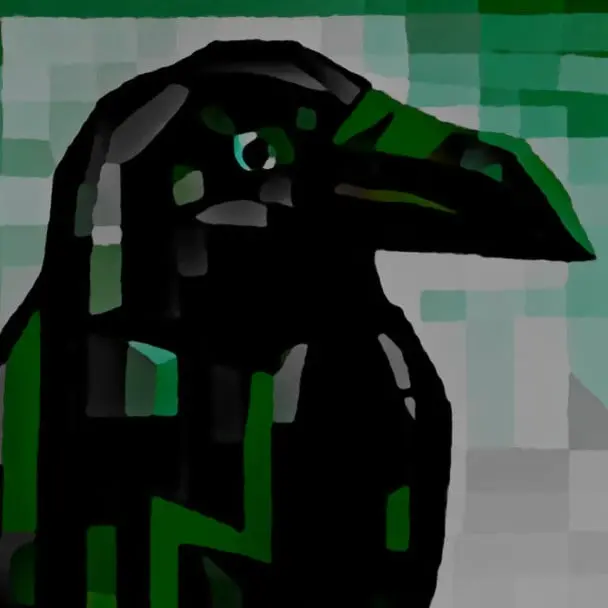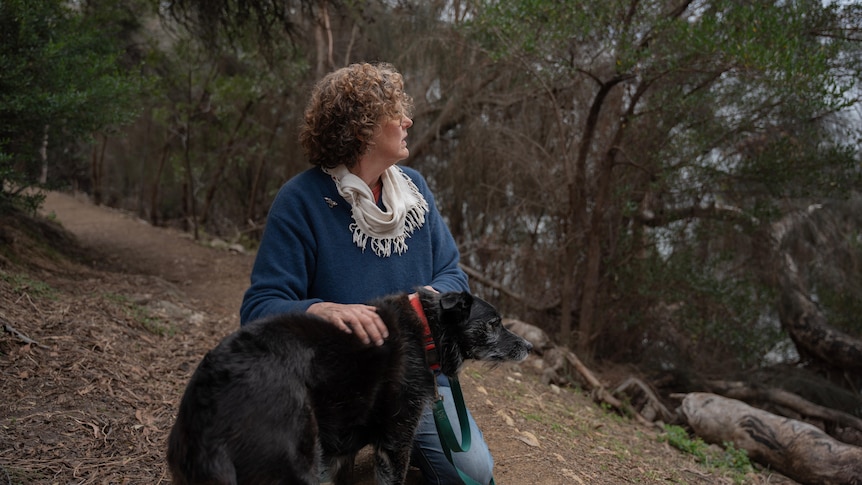- cross-posted to:
- climate@slrpnk.net
- cross-posted to:
- climate@slrpnk.net
cross-posted from: https://lemmy.world/post/7255438
Bergstrom likens scientists to soothsayers, carrying the burden of being able to see the future, a vision that is now hurtling much faster towards us.
“A team of just under 40 world-leading ecologists had put this story together of collapse right across the [Australian] continent and to Antarctica.”
Bergstrom was one of two lead authors and it was her work that led to the paper, but, despite being at the heart of the research, she was unable to be the leading voice in the media.
At six o’clock the night before the paper came out, the Australian Antarctic Division (AAD) told her not to speak anymore and to let the researchers outside the division take over.
The tight control over scientists within the public service is something former CSIRO climate scientist David Karoly has also experienced.
Since his retirement from the CSIRO last year, he’s spoken publicly about the restrictive culture there and the consequences of self-censorship.
“It’s clear that there is a very large cohort of government-employed climate scientists, both in CSIRO as well as in the Bureau of Meteorology (BoM), who are not allowed to talk about issues like climate change,” Karoly says.
“Their views, based on their own expertise and their assessments of other science datasets, is being suppressed and is not being allowed to be communicated openly to the media, or to the public, or often is being suppressed in government reports as well.
In 2020, Ritchie co-authored a study that found ecologists and conservation experts in government, industry and universities were routinely constrained from communicating scientific evidence on threats to the environment.
It documented cases of senior managers or ministers’ offices preventing researchers from speaking, as well as cases of self-censorship by scientists, who feared damaging their careers or losing funding.
The research paper dubbed the information blackout “science suppression” and said it “can hide environmentally damaging practices and policies from public scrutiny”.
In the paper, dozens of scientists from government, industry and universities described harrowing experiences of being silenced due to financial or political interests of the organisations they worked for. All of them wrote anonymously.
tl.dr. scientists in Australia speak out about the regime of suppression of research and communication concerning the climate crisis and biodiversity crisis. Whistleblowers tend to be the ones who just retired and, thus, can’t be fired or blackballed. The scientists are also getting fed up with being ignored in the traditional “advisor role”, so there’s going to be more direct public outreach (and a lot of direct blowback to that, such as personal threats).



Title should clarify this is about Australia - which has some of the best climate science in CSIRO, is also very exposed to desertification, fires, coral bleaching etc., and yet (averaged over time) some of the worst climate policymaking and public appreciation of such science. Seems they have some special disconnection mechanism down under - is it cultural or just coal ?